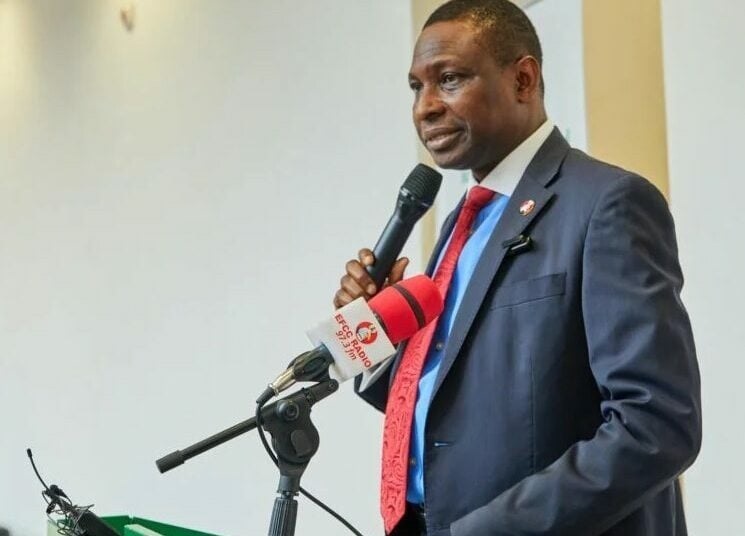Chairman of the Economic and Financial Crimes Commission (EFCC), Ola Olukoyede, has alleged that most abandoned estates in the Federal Capital Territory (FCT) are owned by corrupt civil servants who embezzled public funds and later abandoned the properties to avoid detection.
Speaking at a policy dialogue organised by Law Corridor in Abuja on Wednesday, themed “Critical Issues Affecting Nigeria’s Real Estate Ecosystem”, Olukoyede said the EFCC has set up a special investigative team to probe such properties.
“I have set up the team. We will start visiting all the estates, not only in Abuja but across Nigeria. We want to know who owns what,” he said.
He disclosed that some estates have been abandoned for 10 to 20 years, with no traceable activity or development, adding that the Commission has already filed forfeiture proceedings for about 15 estates.
“It will shock you that some of these estates have been abandoned for ten to twenty years. They just take it to a level and then abandon it,” he stated.
Olukoyede alleged that many of these estates were illegally financed by public servants who, after leaving office and losing access to illicit funds, could no longer continue the projects.
“Most of these estates were funded by civil servants who had stolen money. The moment they leave public service and the money stops flowing, they abandon the estate. Then the developer starts looking for investors to complete the project,” he explained.
He warned that some individuals present at the event might also be implicated.
“Some of you sitting in this room—probably, some of those estates belong to you. Very soon, we expect to meet you in court because there is no way we will develop this sector if we continue with that attitude,” he warned.
While affirming the agency’s commitment to cleaning up the sector, Olukoyede noted that not all investors are guilty, acknowledging that some have genuine sources of capital.





